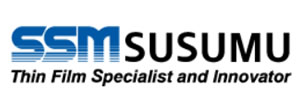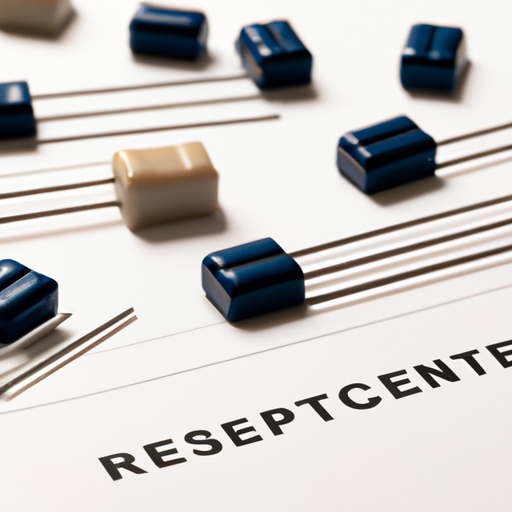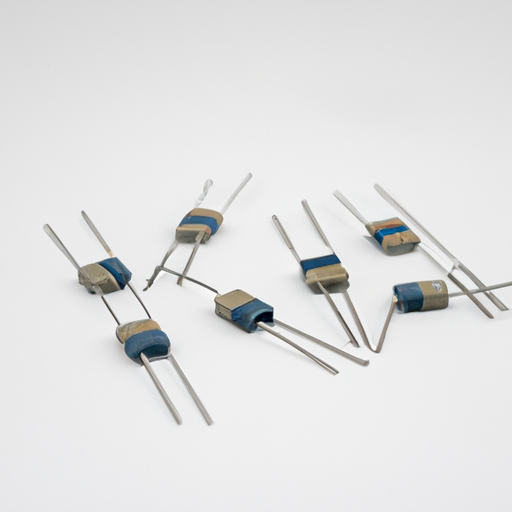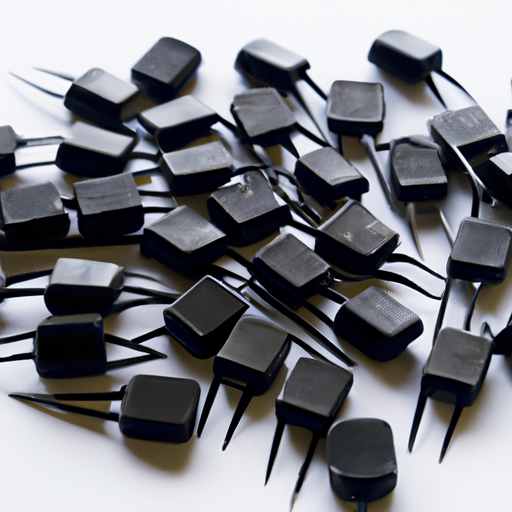We are more than 10 years experience of professional electronic components distributor, providing a variety of products to save your cost, improve efficiency.We have strict quality inspection system, warehouse management system, provide fast delivery service. Our company is a professional supplier of electronic components, with rich experience in integrated circuit Industry.We are more than 10 years experience of professional electronic components distributor, providing a variety of products to save your cost, improve efficiency.We have strict quality inspection system, warehouse management system, provide fast delivery service. We care about your concern for the product. We sell TI, Xilinx, NXP, ST, ADI and other brands of products。 we will only source from the authorized agency, distributor or original manufacturer. we can easily track the goods from original factory to verify. Ensure our goods are original and new. make it reliable.Address: 2406 Electronics Technology Bldg A,Shennan Zhong Rd.,Futian Dist.,Shenzhen,Guangdong,China Tel: 0755-82522995 ; +86 15989434812 Email: hito@hitotrade.comSkype: +8615989434812WhatsApp: +8615989434812WeChat:+8615989434812
5000+
1000+
TOP03























